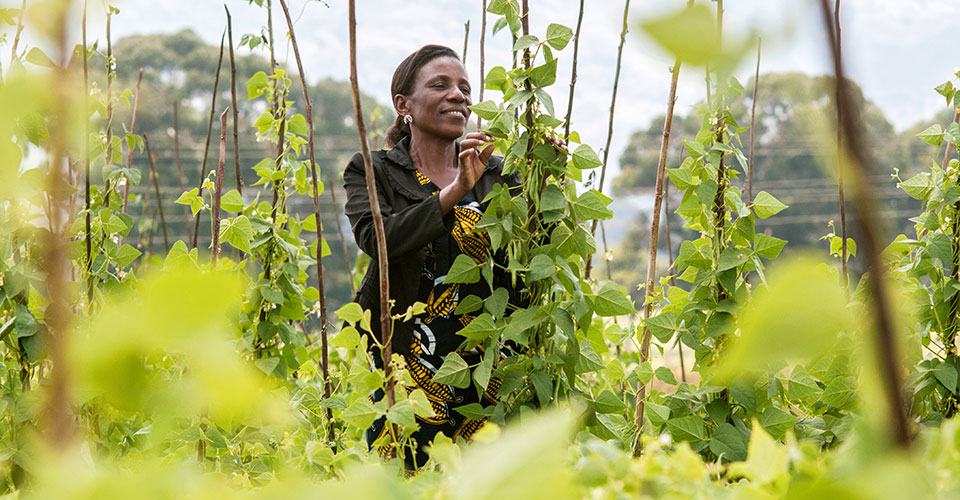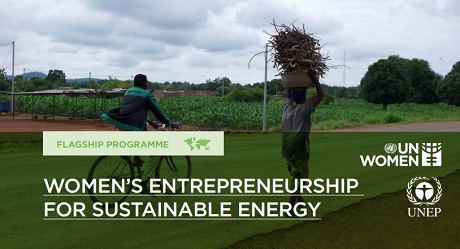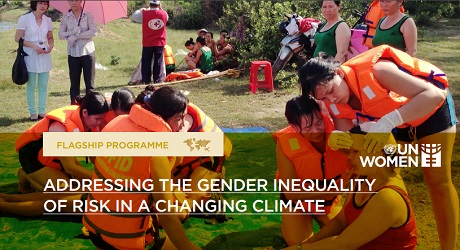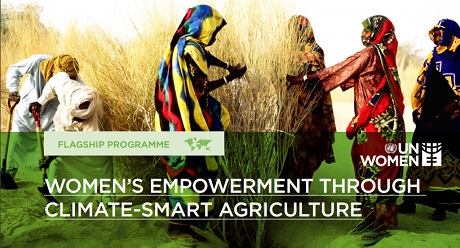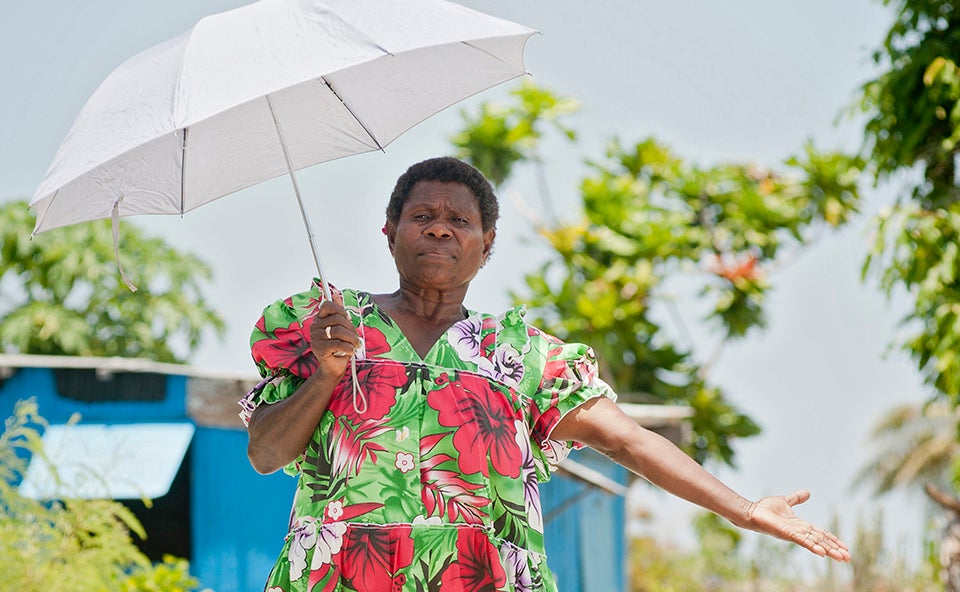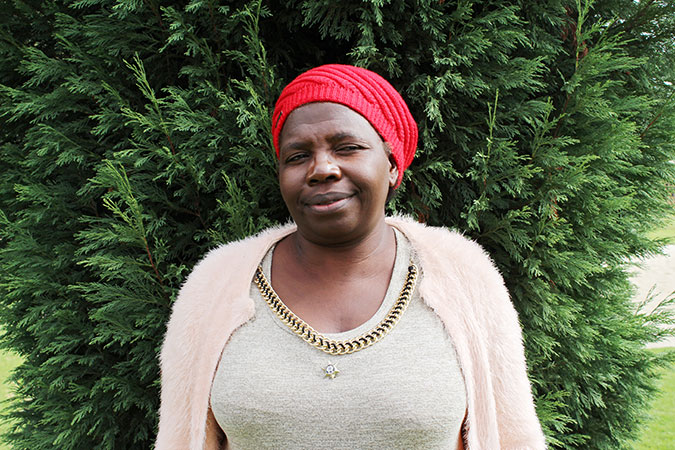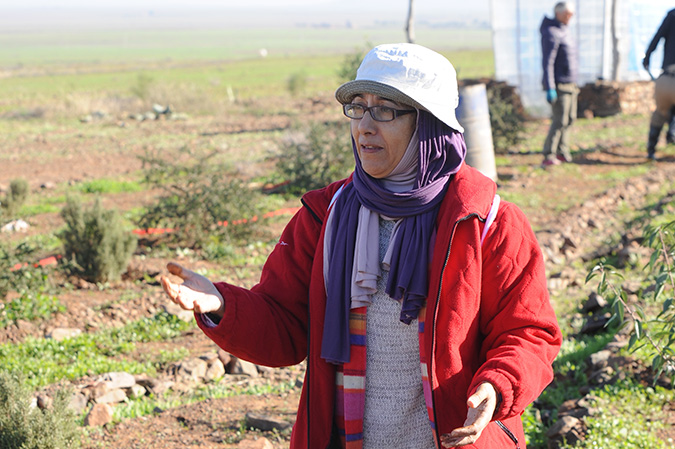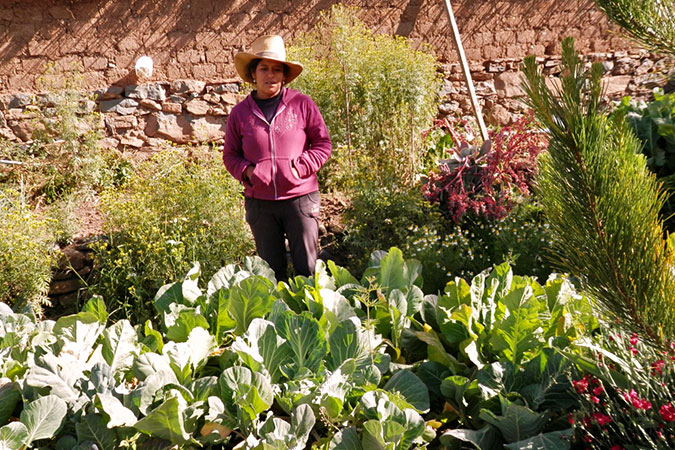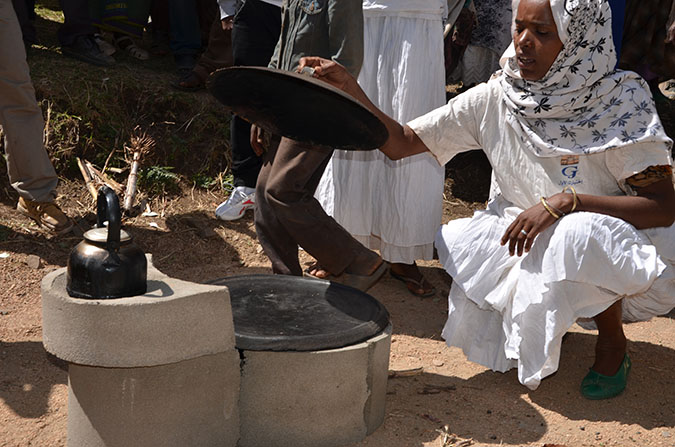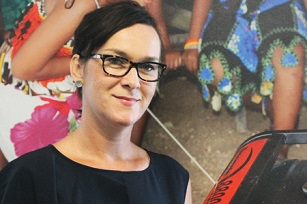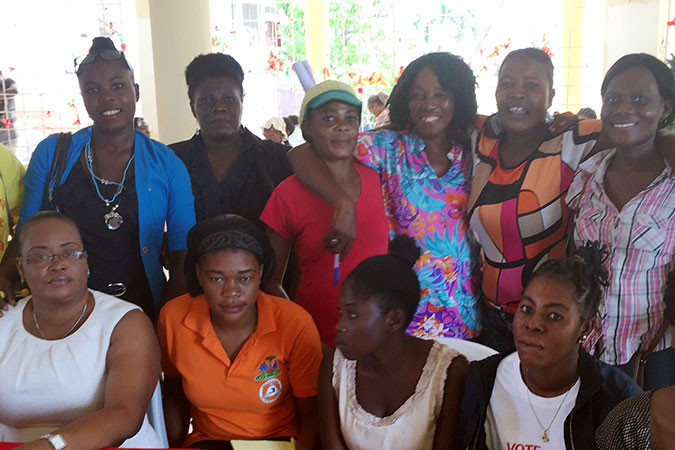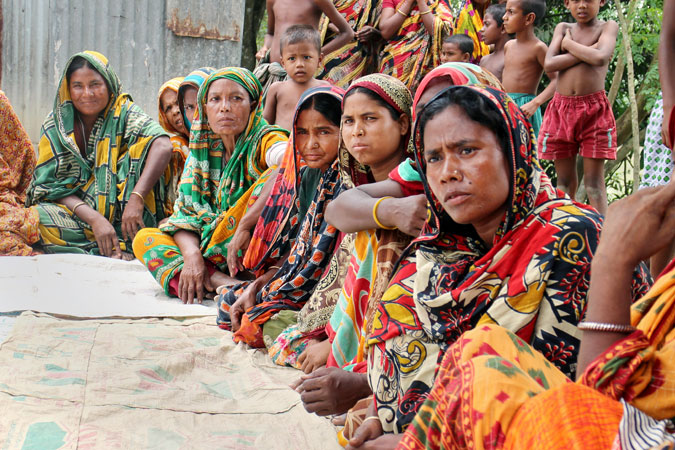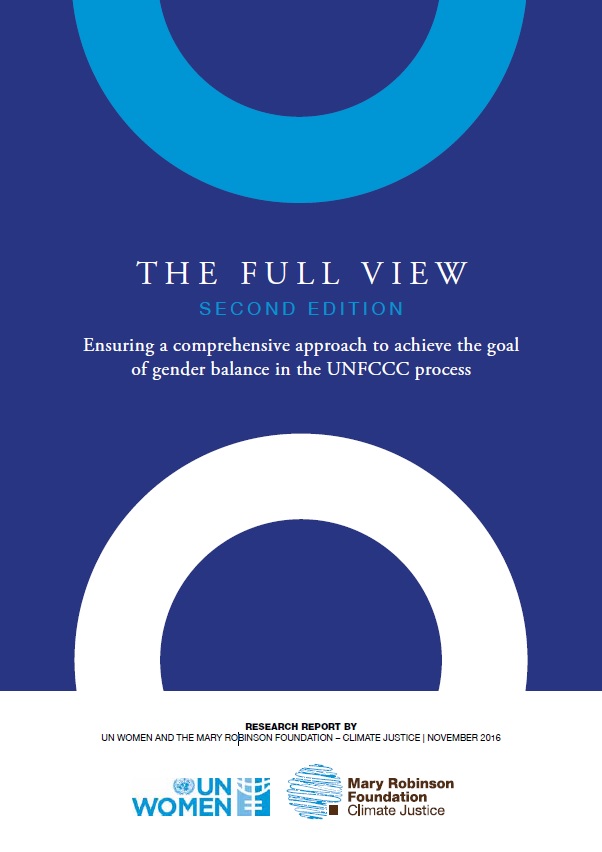Women leading climate action
Flagship programmes |Photo essay |Video |From where I stand |Stories |News and speeches |Publication |Join the conversation
The Issue
Our climate is changing, fast, with devastating impact on species and ecosystems. In the past 10 years, 87 per cent of disasters have been climate-related [1]. When floods and drought come, they do not discriminate between men and women. But there’s a marked difference in how women and men experience the impact of climate change and climate disasters—who escapes and how quickly, who ensures the safety of family members before ensuring their own, who stays behind and cares for the old and the sick, who gets raped while walking for miles to collect water, and whose health, education and livelihood fall through the cracks, as communities cope and recover.
Climate change impacts women differently and disproportionately than men— in the 1991 Bangladesh Cyclone, five times as many women as men died; and women accounted for 67 per cent of the fatalities of the Indian Ocean Tsunami [2]. In the aftermath of the 2010 earthquake in Haiti, camps were overcrowded, lacked adequate sanitary facilities and lighting—conditions that led to night attacks on women. Post-disaster assessment in Myanmar in 2015 showed that women and girls had lower recovery capacity since they had low incomes and fewer productive assets, high food insecurity and malnutrition.
Today, there is growing recognition of the differential impact of climate change on women. However, their critical role as leaders and agents of change in climate action and management of natural resources is often overlooked in climate negotiations, investments and policies. For example, women account for only 20 – 25 per cent of the workforce in the modern renewable energy sector [3], and a 2015 study covering 881 environmental sector ministries from 193 countries found only 12 per cent of the ministers were women [4]. This is in spite of the fact that in most developing countries, women are the primary household energy managers and key actors in the food system, and can be powerful actors in the transition to sustainable energy and climate resilient agriculture.
Conference of the Parties (COP22)
The annual Conference of the Parties to the UN Framework Convention on Climate Change (COP 22), is convening in Marrakech, Morocco from 7 – 18 November, as the historic Paris Agreement, signed by 197 Parties, enters into force. The Agreement commits to promote gender equality obligations when addressing climate change. COP22 will pave the way forward for action and implementation on this agenda and strengthen collaboration between all partners, to achieve sustainable development.
At COP22, Parties to the Convention are expected to discuss and adopt a comprehensive work programme on gender to integrate gender perspectives in climate policies and actions and to ensure women’s participation at all levels.
UN Women calls upon all Parties to ensure that the work programme includes the development and adoption of a gender equality and women’s empowerment policy; systematic integration of gender in all reports; setting an initial quota of 30 per cent women in the Parties’ official delegation to UNFCCC meetings; and allocation of dedicated travel and capacity-building funding for women delegates, among other measures. Read more »
UN Women’s recently launched flagship programme initiatives leverage the co-benefits of gender equality and climate action by bringing women’s participation and leadership to the forefront of climate solutions through climate-smart agriculture, access to decentralized renewable energy and actions to reduce and respond to disaster risks.
UN Women calls on all Members States and climate actors to ensure an inclusive environment which puts gender equality considerations and voice and agency of women at the centre of climate management and investments. That is the only viable way forward to achieving the climate-resilient future we want.
Flagship Programmes
Photo essay
Photo essay: In Vanuatu, women tackle drought to restore livelihoods after Cyclone Pam
In the months following the Cyclone Pam, a prolonged El Niño-fueled drought prevented replanting, causing months of crop failure, water and food insecurity and the decimation of the livelihoods of market vendors, the majority of whom are women. Women in Vanuatu are now working to restore their livelihoods and adapt their marketplace to be more resilient to future climate disasters.
Video
Rural women fight climate change
Rural women are often more vulnerable to the impact of climate change as their livelihoods depend on agriculture and they typically receive less education than their city counterparts. Preserving and planting traditional seeds can help mitigate the effects of climate change, and UN Women supports women seed growers in Morocco through a joint programme with local NGO “Terre et Humanisme.” In February 2016, the women came together in the agroecology farm of Dar Bouazza to launch the “Seed Caravan,” which encourages women to share seeds and expertise, and raise awareness on the impacts of climate change.
From where I stand
This editorial series captures the unique and powerful stories of people around the world, through compelling first-person accounts of their daily sustainable development challenges and how they are bringing about change. Read more»
“I started with three poultry houses with 1,000 chickens each. But last year I lost 1,800 ready-for-market chickens because of the drought...”
Florah Maswanganyi, 54, is a farmer from Giyani Village in Limpopo province, South Africa. She took part in a workshop on the effects of climate change on rural women and women smallholder farmers, which aimed to strengthen rural women’s voices in advocating for gender-sensitive climate change agreements. Read more»
“Women are most affected by climate change since they work outside more often. They are also the most active in calling for the need to adapt to climate change...”
Souhad Azennoud, 53, from the village of Kissane, Morocco, is one of more than 200 women to benefit from a training programme organized by Terre et Humanisme and UN Women as part of a project supporting female seed merchants for sustainable development. Read more»
Stories
Indigenous women in Peru combat climate change and boost economy
To combat the impact of climate change, the indigenous women of Laramate in Peru have turned to ancestral farming techniques with support from UN Women’s Fund for Gender Equality.
Loans and energy-saving technology transform lives in rural Ethiopia
A joint programme in Ethiopia brings together six UN Agencies to help women save and invest in energy-saving cooking stove technology cooperatives.
Expert’s take: Getting the post-cyclone response right for women in Fiji
Aleta Miller, Representative for UN Women’s Fiji Multi-country Office, reflects on UN Women’s coordination role in the response to Cyclone Winston.
In post-hurricane Haiti, women work together to rebuild
One month since Hurricane Matthew devastated Haiti, women voice their needs and take an active role in recovery efforts.
Women in Bangladesh build resilience against climate change
More than 19,100 women have built better systems of support and preparation for disasters, while livelihood skills training has enabled more than 1,600 women to expand their businesses.
News and speeches
- Media advisory: At COP22, UN Women to spotlight central role of women in climate response
- Take five: On the front line of disasters, women are more at risk and less heard
- Take five: Empowering women through climate-smart agriculture in the DRC
- Op-ed: Immoral hazard: the gender inequality of risk
- Op-ed: Making Paris Climate Change Agreement deliver for women and girls – the Marrakech opportunity
- Op-ed: Women powering a clean future
Publication
The Full View: Ensuring a comprehensive approach to achieve the goal of gender balance in the UNFCCC process
This research report, the second edition to ‘The Full View: Advancing the goal of gender balance in multilateral and intergovernmental processes’ (2013), examines developments in women’s participation in decision-making processes and expands on the lessons learned from the first report. It includes a set of recommendations for Parties, observers and the secretariat to the UNFCCC on ways to advance the goal of gender balance to promote women’s voice and agency.
Join the conversation
Join the conversation around women, climate action, and the 22nd session of the Conference of the Parties using the hashtags #COP22 and #WomenAct4ClimateJustice. Follow @UN_Women on Twitter for updates!
Notes
[1] United Nations Office of Disaster Risk Reduction. Available at https://www.unisdr.org/archive/42862
[2] Sarah Bradshaw and Maureen Fordham (2013). Women and Girls in Disasters, A review for DFID, p.12
[3] IRENA (2016) Renewable Energy and Jobs Annual Review 2016, p.13
[4] Westman M, Ciribello F, Torkelsson A (2015). Empowering women to tackle climate change through policies and practices: Lessons from Africa. Forthcoming. UNDP-UNEP PEI and UN Women.
